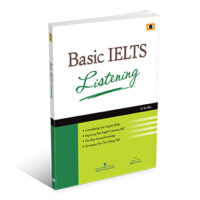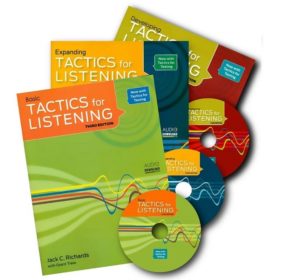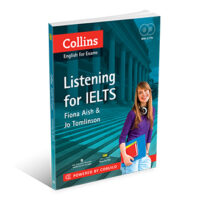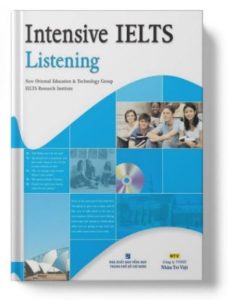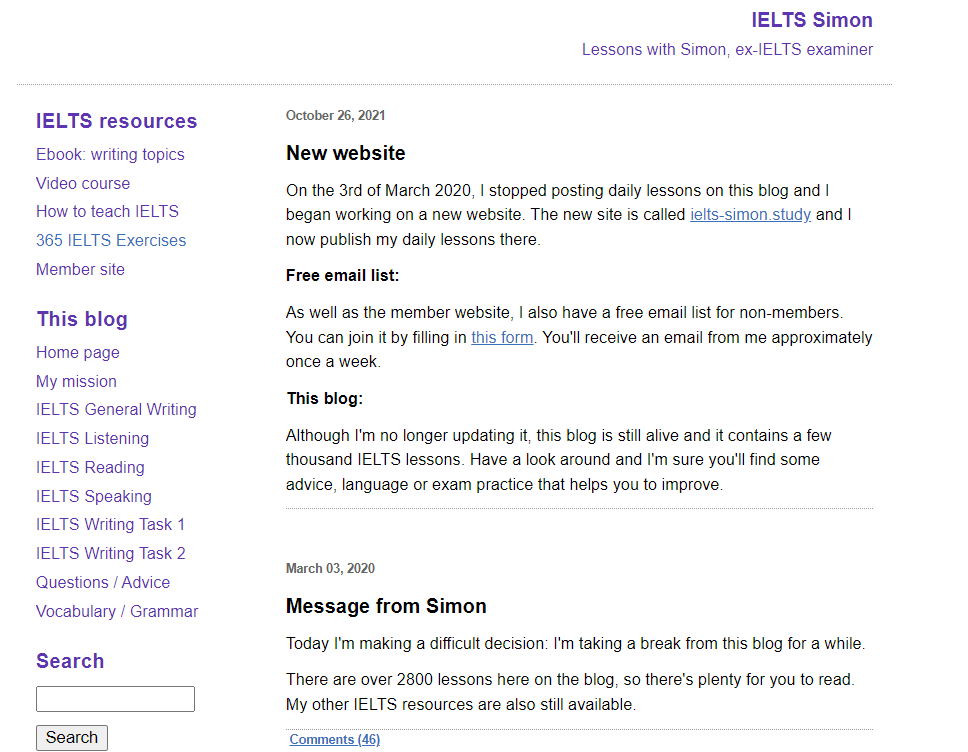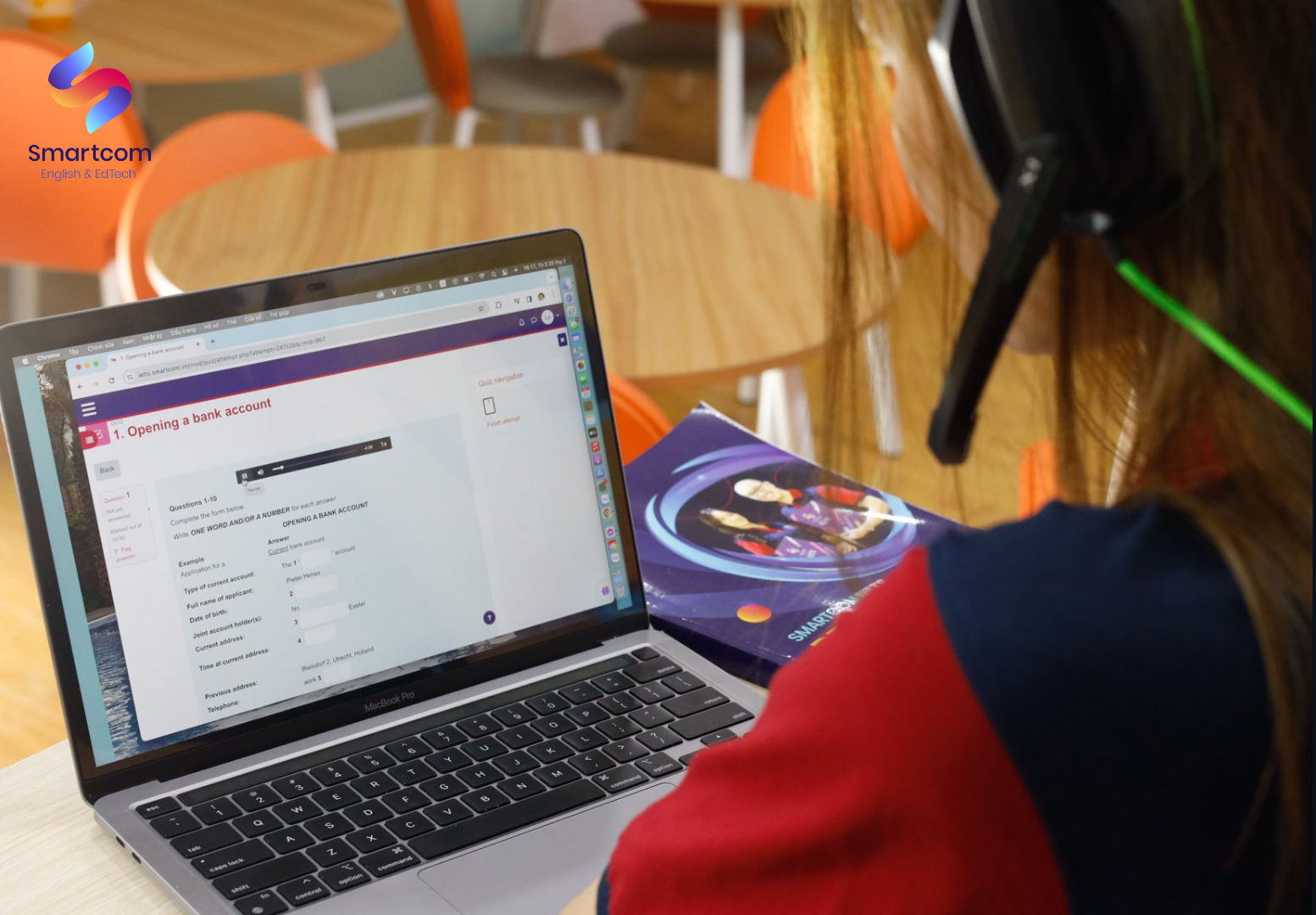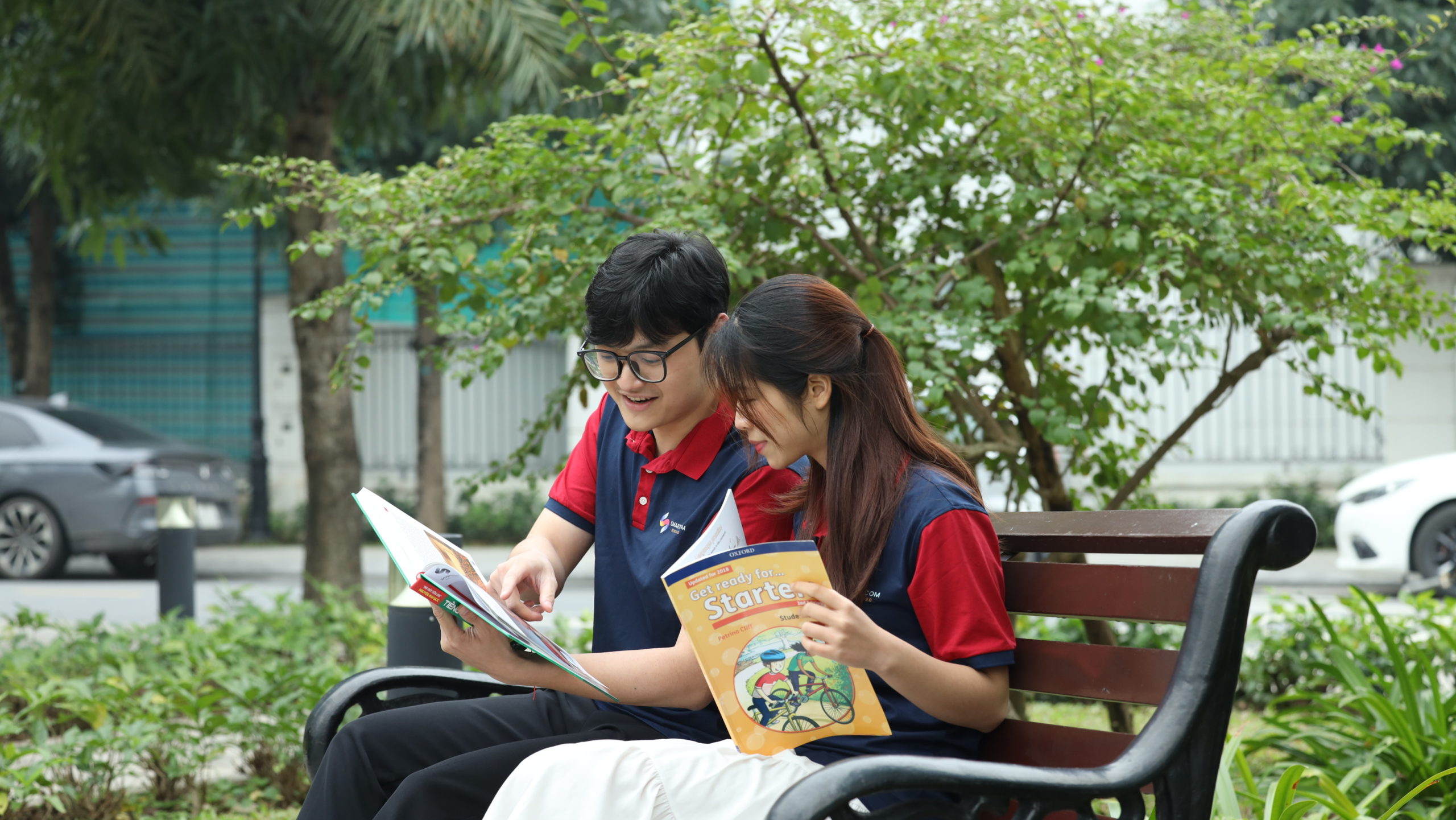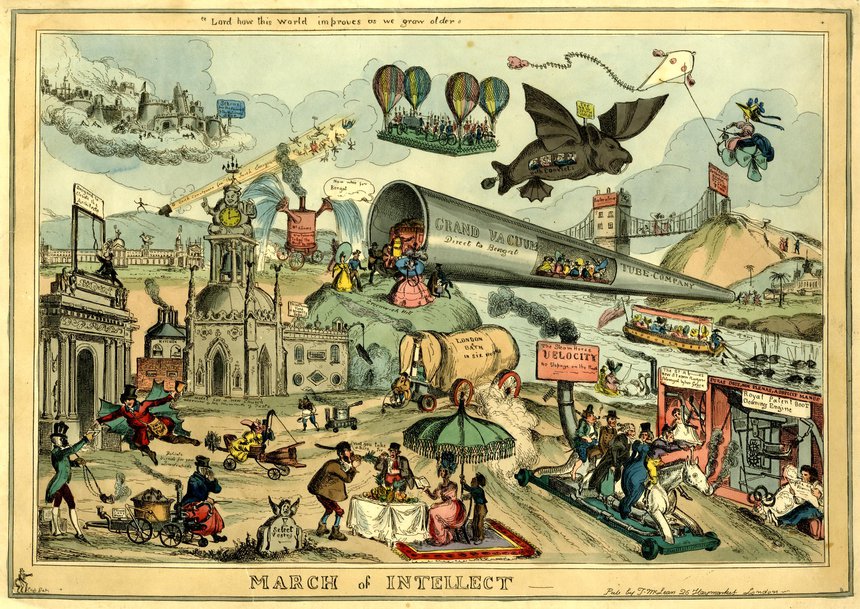Với sự phổ biến của ngành công nghiệp phim ảnh, chủ đề điện ảnh đã trở thành một trong những nội dung thường xuất hiện trong bài thi IELTS, đặc biệt là kỹ năng Nói (Speaking). Sử dụng từ vựng phong phú và linh hoạt về chủ đề này đóng vai trò quan trọng trong việc nâng cao band điểm Overall của bạn. Trong bài viết dưới đây, hãy cùng Smartcom English khám phá 80+ Cinema Vocabulary IELTS và gợi ý trả lời Part 1 IELTS Speaking nhé!
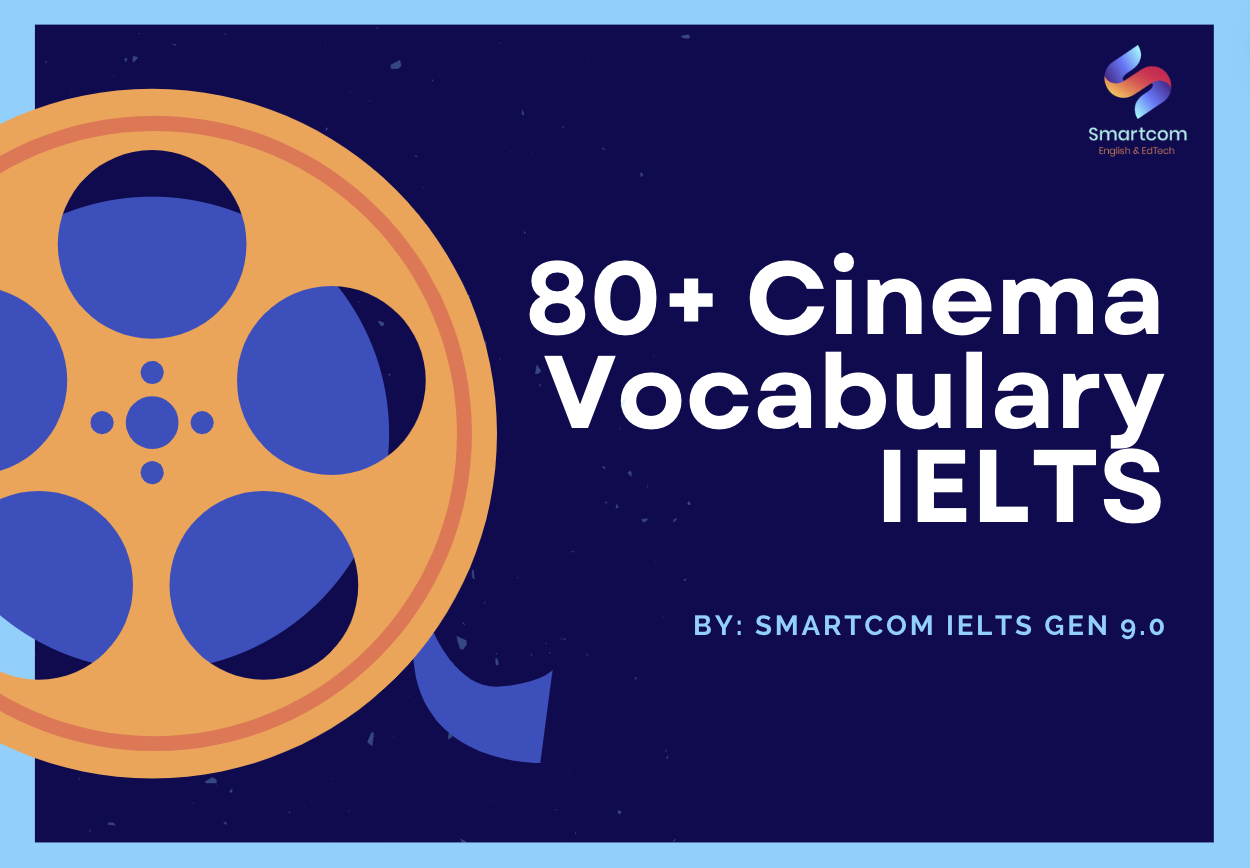
Topic Cinema Vocabulary IELTS: Từ vựng
Cinema Vocabulary IELTS: Movie Genres (Thể loại)
- Action /ˈækʃən/: Phim hành động
- Adventure /ədˈven.tʃər/: Phim phiêu lưu
- Animation /ˌæn.ɪˈmeɪ.ʃən/: Phim hoạt hình
- Biopic /ˈbaɪ.əʊ.pɪk/: Phim tiểu sử
- Comedy /ˈkɒmədi/: Hài kịch
- Crime /kraɪm/: Phim tội phạm
- Documentary /ˌdɒk.jʊˈmen.tər.i/: Phim tài liệu
- Drama /ˈdrɑːmə/: Kịch
- Fantasy /ˈfæn.tə.si/: Phim giả tưởng
- Historical /hɪˈstɒrɪkəl/: Phim lịch sử
- Horror /ˈhɒrər/: Phim kinh dị
- Martial Arts /ˈmɑː.ʃəl ɑːrts/: Phim võ thuật
- Musical /ˈmjuːzɪ.kəl/: Phim nhạc kịch
- Mystery /ˈmɪs.tər.i/: Phim ly kỳ
- Noir /nwɑr/: Phim đen (phim tội phạm)
- Romance /ˈrəʊmæns/: Phim lãng mạn
- Science Fiction /ˈsaɪəns ˈfɪkʃən/: Phim khoa học viễn tưởng
- Thriller /ˈθrɪlər/: Phim hồi hộp, giật gân
- War /wɔːr/: Phim chiến tranh
- Western /ˈwes.tərn/: Phim miền Tây
Cinema Vocabulary IELTS: Characters (Nhân vật)
- Antagonist /ænˈtæɡ.ə.nɪst/: Nhân vật phản diện
- Cameo /ˈkæm.i.oʊ/: Diễn viên khách mời
- Ensemble Cast /ɒnˈsɒmbl kɑːst/: Dàn diễn viên
- Love Interest /lʌv ˈɪn.trəst/: Nhân vật có tình cảm với nhân vật chính
- Mentor /ˈmen.tɔːr/: Người cố vấn cho nhân vật chính
- Protagonist /prəˈtæɡ.ə.nɪst/: Nhân vật chính
- Sidekick /ˈsaɪd.kɪk/: Bạn đồng hành
- Supporting Character /səˈpɔːtɪŋ ˈkær.ək.tər/: Nhân vật phụ
- Villain /ˈvɪl.ən/: Nhân vật phản diện
Cinema Vocabulary IELTS: Movie Elements (Yếu tố trong phim)
- Character /ˈkærɪktər/: Nhân vật
- Cinematography /ˌsɪnɪməˈtɒɡrəfi/: Kỹ thuật quay phim
- Climax /ˈklaɪ.mæks/: Đỉnh điểm
- Conflict /ˈkɒnflɪkt/: Xung đột
- Dialogue /ˈdaɪəlɒɡ/: Đoạn hội thoại
- Flashback /ˈflæʃˌbæk/: Hồi tưởng
- Foil /fɔɪl/: Nhân vật tương phản với nhân vật chính
- Foreshadowing /ˌfɔːrˈʃæd.oʊ.ɪŋ/: Tiên đoán, dự báo
- Lighting /ˈlaɪtɪŋ/: Ánh sáng
- Motif /ˈmoʊˌtiːf/: Mô-típ, chủ đề
- Plot /plɒt/: Cốt truyện
- Resolution /ˌrɛzəˈluːʃən/: Sự giải quyết
- Score /skɔːr/: Nhạc phim
- Setting /ˈsɛtɪŋ/: Bối cảnh
- Soundtrack /ˈsaʊndˌtræk/: Nhạc nền
- Special effects /ˈspɛʃəl ɪˈfɛkts/: Hiệu ứng đặc biệt
- Subtext /ˈsʌbˌtɛkst/: Lời thoại tiết lộ suy nghĩ mà nhân vật không dám nói ra
- Suspense /səˈspɛns/: Sự căng thẳng
- Symbolism /ˈsɪmbəˌlɪzəm/: Tượng trưng
- Theme /θiːm/: Chủ đề
Cinema Vocabulary IELTS: Jobs (Nghề nghiệp)
- Actor /ˈæk.tər/: Diễn viên nam
- Actress /ˈæk.trɪs/: Diễn viên nữ
- Casting Director /ˈkɑːs.tɪŋ dɪˈrek.tər/: Người chịu trách nhiệm tuyển chọn diễn viên
- Cinematographer /ˌsɪn.ɪˈmæ.tə.ɡrə.fər/: Nhà quay phim
- Costume Designer /ˈkɒs.tjuːm dɪˈzaɪ.nər/: Nhà thiết kế trang phục
- Director /dɪˈrek.tər/: Đạo diễn
- Editor /ˈed.ɪ.tər/: Biên tập viên
- Grip /ɡrɪp/: Kỹ thuật viên hỗ trợ quay phim
- Location Manager /loʊˈkeɪ.ʃən ˈmæn.ɪ.dʒər/: Quản lý địa điểm
- Makeup Artist /ˈmeɪkʌp ˈɑː.tɪst/: Thợ trang điểm
- Producer /ˈprɒdjuːsər/: Nhà sản xuất
- Production Designer /prəˈdʌk.ʃən dɪˈzaɪ.nər/: Nhà thiết kế sản xuất
- Screenwriter /ˈskriːn.raɪ.tər/: Nhà biên kịch, viết kịch bản
- Sound Designer /saʊnd dɪˈzaɪnər/: Nhà thiết kế âm thanh
- Stunt Coordinator /stʌnt kəˈʊˈɔːr.dɪ.neɪ.tər/: Điều phối viên các cảnh hành động và diễn viên đóng thế
Vocabulary IELTS: Cinema and awards (Điện ảnh và giải thưởng)
- Auditorium /ˌɔː.dɪˈtɔː.ri.əm/: Phòng hòa nhạc hoặc chiếu phim
- Best Actor /bɛst ˈæk.tər/: Nam diễn viên xuất sắc nhất
- Best Actress /bɛst ˈæk.trəs/: Nữ diễn viên xuất sắc nhất
- Best Director /bɛst dɪˈrɛk.tər/: Đạo diễn xuất sắc nhất
- Best Picture /bɛst ˈpɪk.tʃər/: Phim hay nhất
- Blockbuster /blɒkˌbʌs.tər/: Phim bom tấn
- Box Office /bɒks ˈɒfɪs/: Quầy vé
- Cinema Hall /ˈsɪn.ə.mə hɔːl/: Phòng chiếu phim
- Concession Stand /kənˈsɛʃ.ən stænd/: Quầy bán đồ ăn nhẹ và thức uống trong rạp chiếu phim
- Matinee /ˌmæt.ɪˈneɪ/: Buổi chiếu phim ban ngày
- Nomination /ˌnɒmɪˈneɪʃən/: Sự đề cử
- Nominee /ˌnɒmɪˈniː/: Người được đề cử
- Premiere /ˈpremiːər/: Buổi ra mắt
- Prize /praɪz/: Giải thưởng
- Theater /ˈθiː.ə.tər/: Rạp chiếu phim
- Ticket /ˈtɪkɪt/: Vé
- Trophy /ˈtroʊ.fi/: Cúp thưởng
- Winner /ˈwɪnər/: Người chiến thắng
Topic Cinema Vocabulary IELTS: Bài tập từ vựng
Bài tập 1: Điền từ vào chỗ trống
- The new __________ movie had everyone laughing in the theater.
- I enjoy watching __________ films because they often have gripping storylines.
- Some people find it hard to sleep after watching a scary __________ movie.
- “Titanic” is a classic example of a __________ film with a love story at its core.
- “Star Wars” is one of the most famous __________ movies of all time.
Bài tập 2: Chọn từ thích hợp
|
Sidekick |
Antagonist | Cameo |
| Love Interest | Supporting Characters |
Protagonist |
- The __________ is the main character in the story.
- The __________ is usually the character who opposes the protagonist.
- In many stories, there are __________ characters who provide support to the main character.
- Batman’s loyal __________, Robin, always has his back.
- Romeo and Juliet are examples of a classic __________ couple.
Bài tập 3: Nối từ với nghĩa thích hợp
| Conflict | A. The main events of a story. |
| Climax | B. The time and place where a story takes place. |
| Theme | C. The struggle between opposing forces in a story. |
| Setting | D. The most intense or exciting part of a story. |
| Plot | E. The underlying message or main idea of a story. |

Đáp án bài tập
Bài tập 1:
- Comedy
- Drama
- Horror
- Romance
- Science Fiction
Bài tập 2:
- Protagonist
- Antagonist
- Supporting Characters
- Sidekick
- Love Interest
Bài tập 3:
- A – Plot
- B – Setting
- C – Conflict
- D – Climax
- E – Theme
Topic Cinema Vocabulary IELTS: Gợi ý Part 1 Speaking
Dưới đây là gợi ý trả lời Part 1 IELTS Speaking và một số Cinema Vocabulary IELTS thường gặp:
Question 1: Do you enjoy watching movies?
Yes, I love watching movies, especially action and comedy films. The cinematography and special effects in action movies always leave me in awe.
Question 2: What’s your favorite movie genre?
I’m a fan of science fiction movies because they transport me to different worlds and spark my imagination. The fantasy elements and futuristic settings are fascinating to me.

Question 3: Who is your favorite actor or actress?
My favorite actor is Benedict Cumberbatch. He’s incredibly versatile and always delivers outstanding performances in every role he plays. His portrayal of various characters is truly captivating.
Question 4: Do you prefer watching movies at home or in the cinema?
I enjoy both, but there’s something special about the cinematic experience. The big screen and surrounding sound make the movie more immersive. It’s also fun to visit the concession stand and get some popcorn.

Question 5: Have you ever been to a movie premiere?
No, I haven’t had the opportunity to attend a movie premiere yet, but I would love to experience it someday. Seeing the ensemble cast and celebrities on the red carpet would definitely be an amazing experience.
Question 6: What do you think makes a movie successful?
A successful movie often has a compelling plot, engaging characters, and skillful cinematography that captivates the audience from start to finish. And the soundtrack also plays a significant role in enhancing the overall experience.
Question 7: Would you like to work in the film industry?
Yes, I’ve always been fascinated by filmmaking. Being a director or screenwriter would be a dream come true for me. Collaborating with actors and cinematographers to bring stories to life would be incredibly fulfilling.

Question 8: How do you usually choose which movie to watch?
I usually read reviews or recommendations online, and sometimes I watch trailers to get a sense of the movie’s genre and plot before deciding. The premiere of a highly anticipated film is always a must-watch for me.
Tổng kết
Qua bài viết, Smartcom English đã gửi đến bạn danh sách 80+ Cinema Vocabulary IELTS phổ biến, cùng với gợi ý trả lời cho phần Speaking Part 1 trong bài thi IELTS. Hi vọng bài viết sẽ giúp các bạn trau dồi thêm vốn từ vựng cũng như tự tin hơn trong bài thi IELTS sắp tới. Chúc các bạn ôn luyện hiệu quả!
THÔNG TIN LIÊN HỆ
SMARTCOM ENGLISH
Trụ sở chính: Smartcom English – Tầng 4 nhà 29T2, đường Hoàng Đạo Thúy, khu đô thị Trung Hòa Nhân Chính, quận Cầu Giấy, Hà Nội.
Website: https://smartcom.vn
SĐT: (+84) 024.22427799
Email: mail@smartcom.vn
Facebook: https://facebook.com/smartcom.vn
Youtube: https://youtube.com/c/smartcomvn





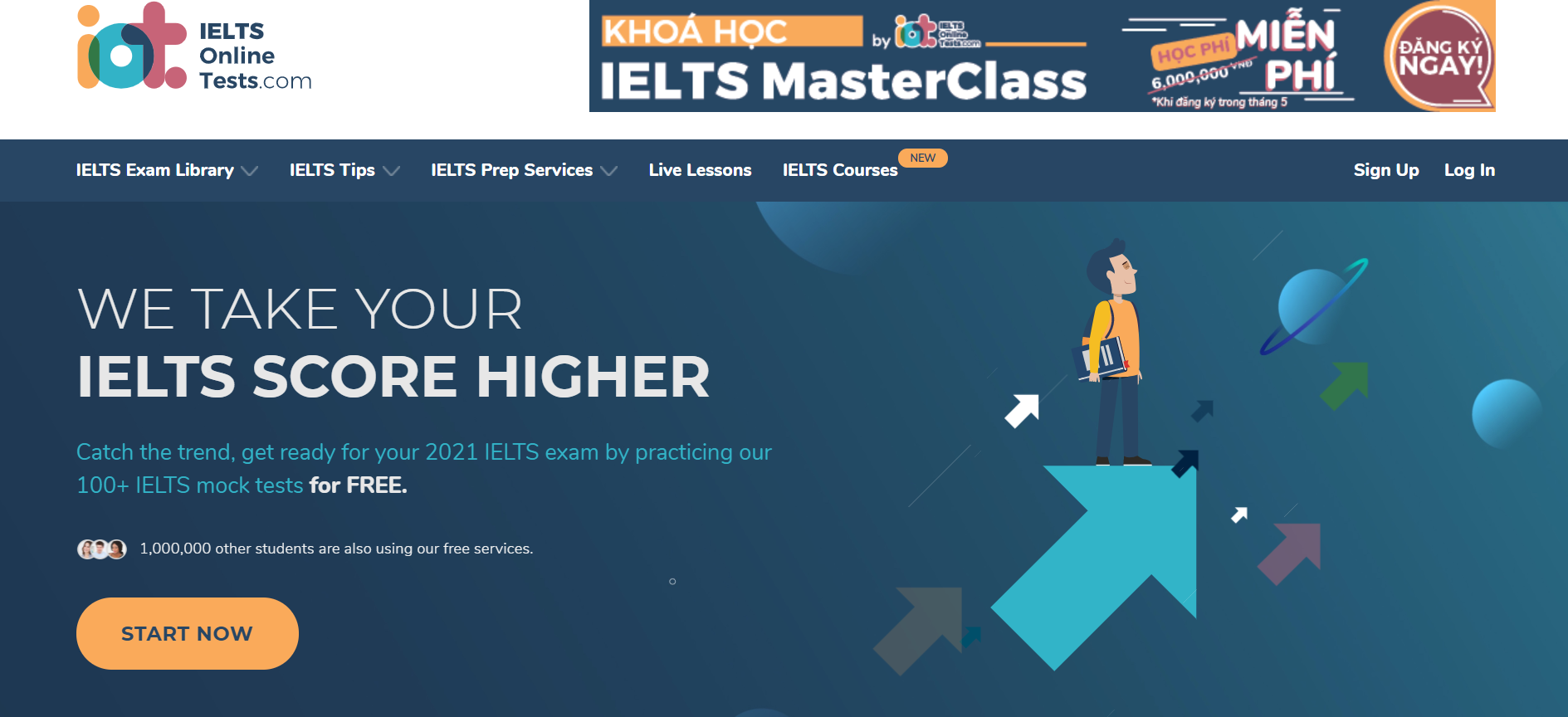
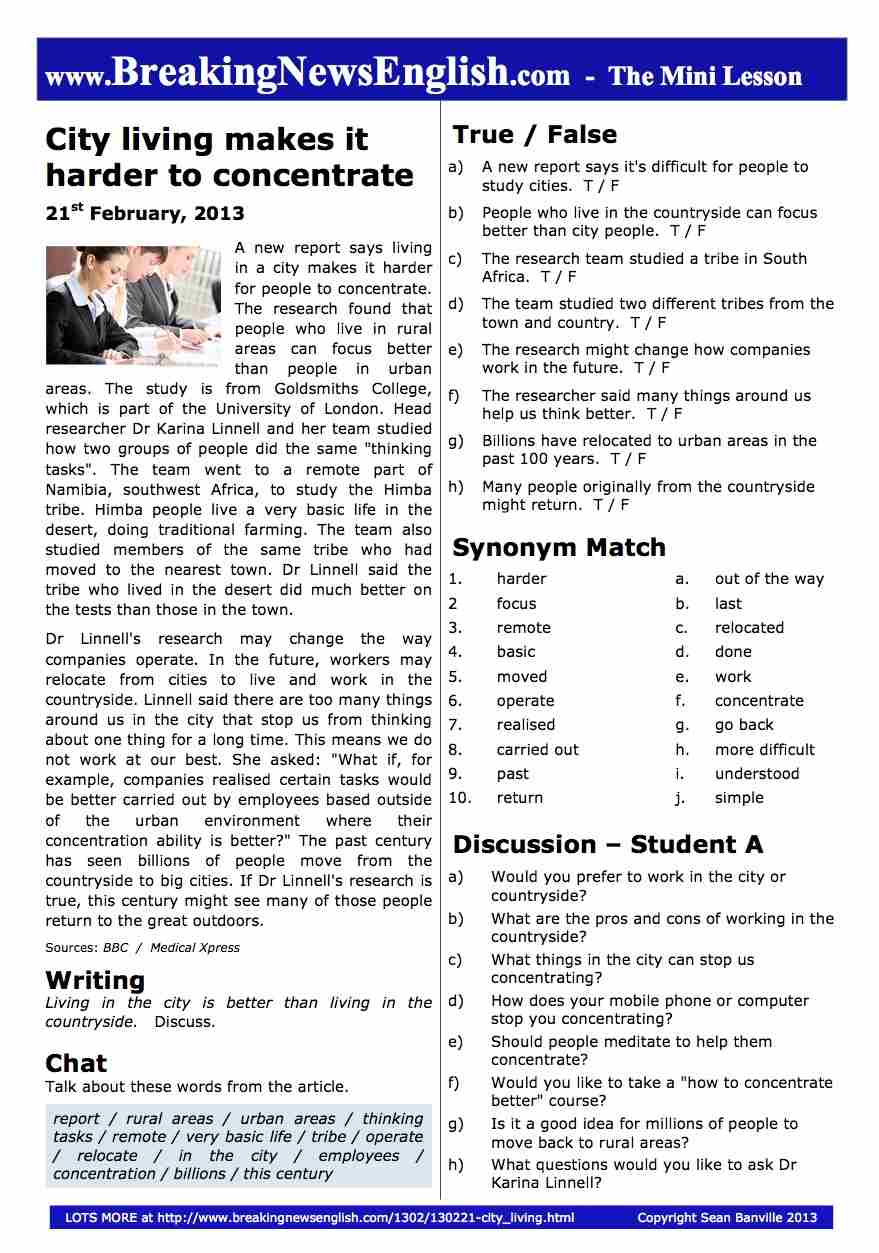
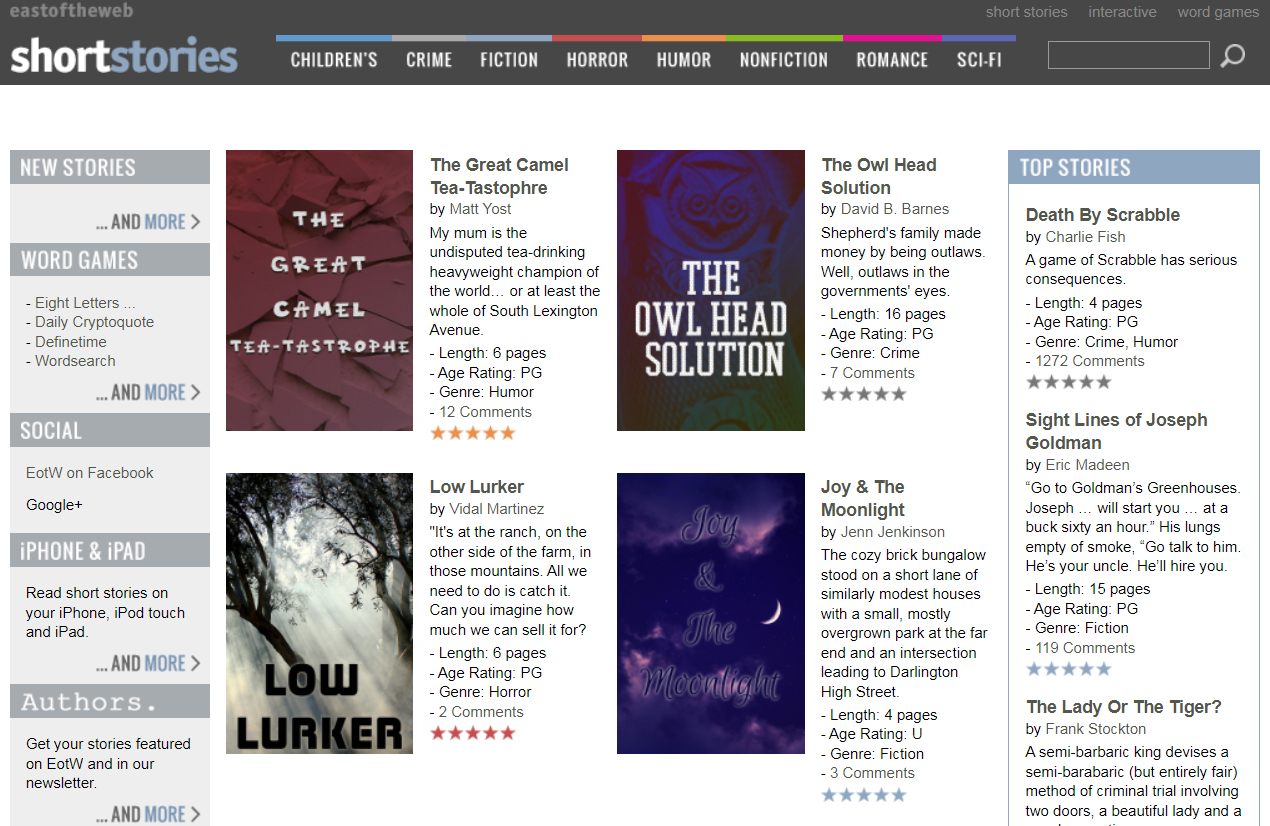
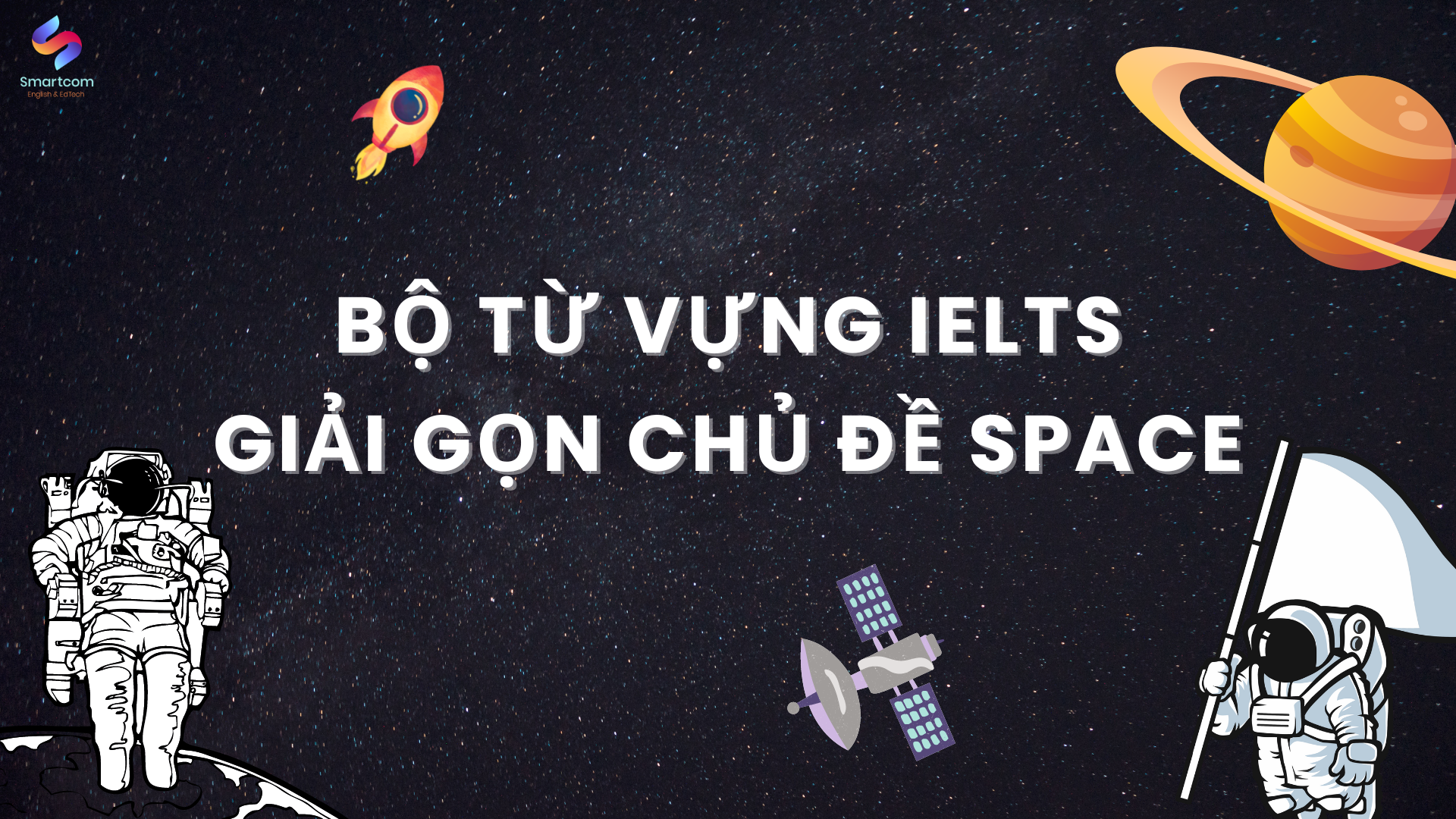

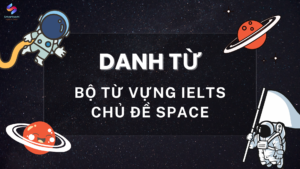
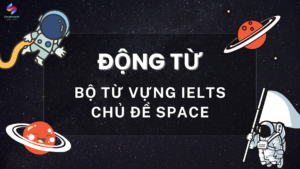
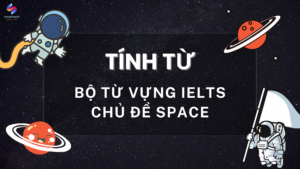
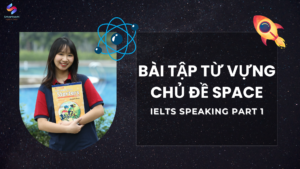
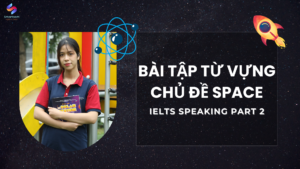
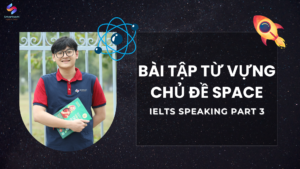
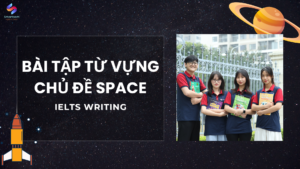
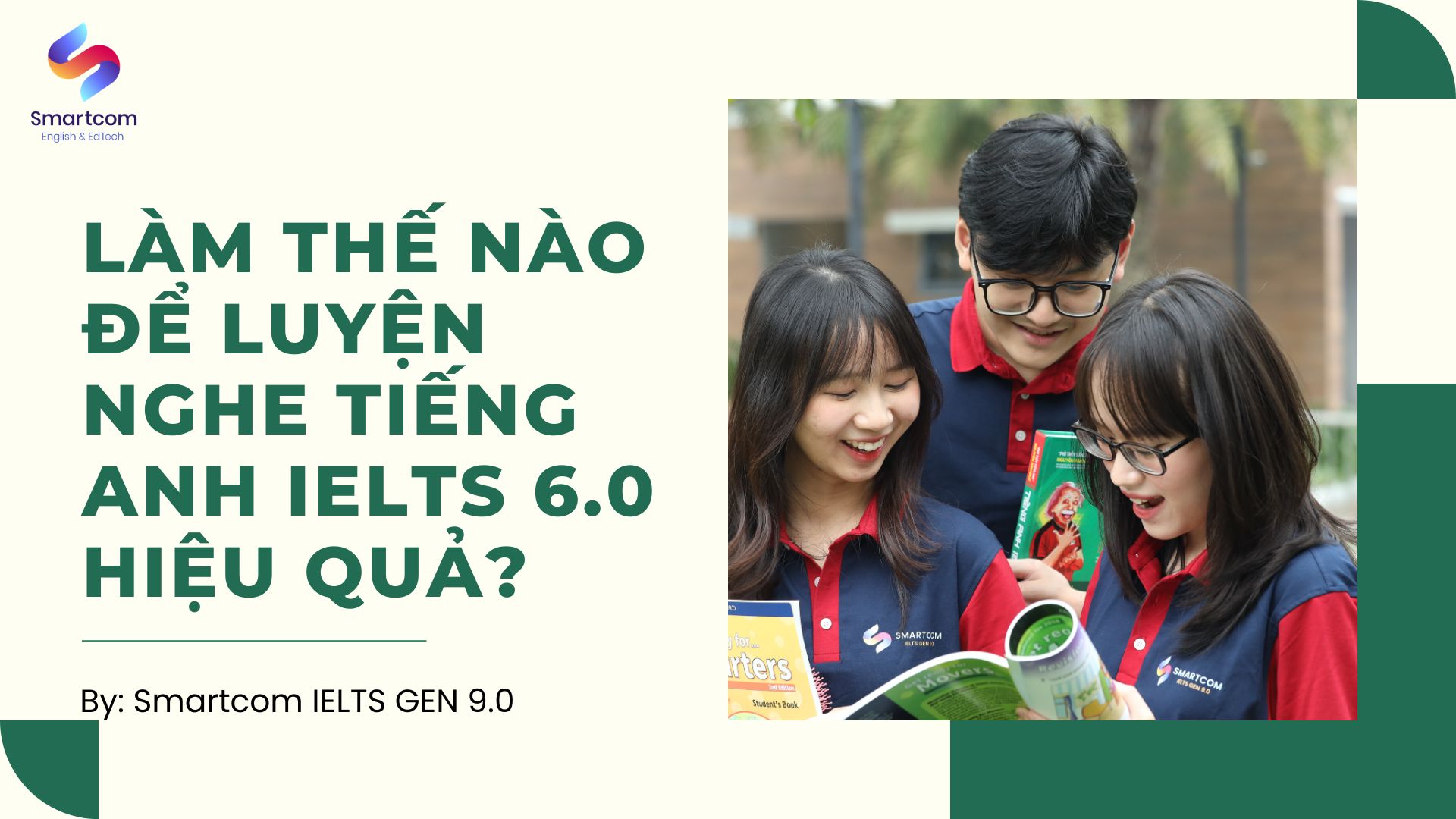
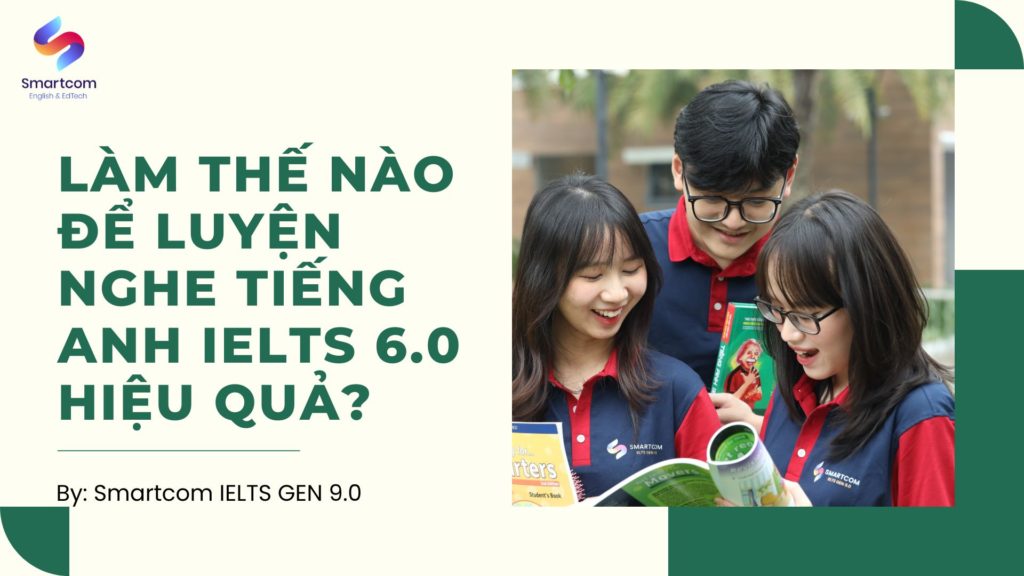

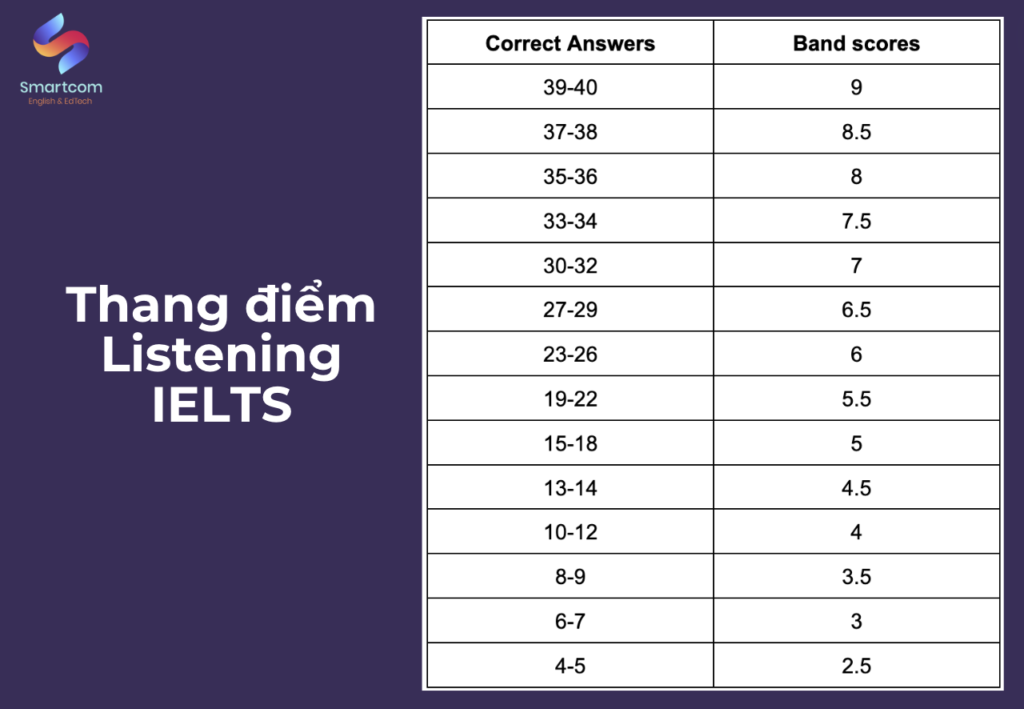
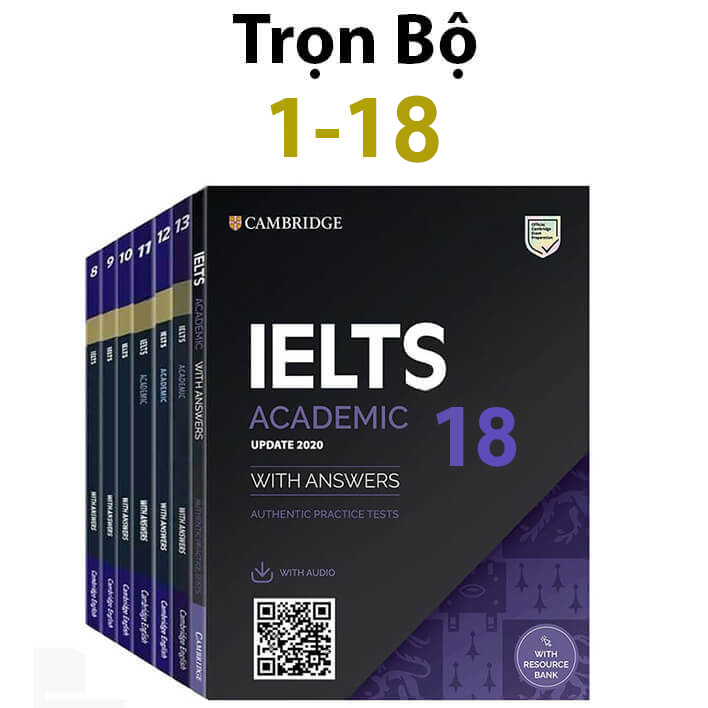
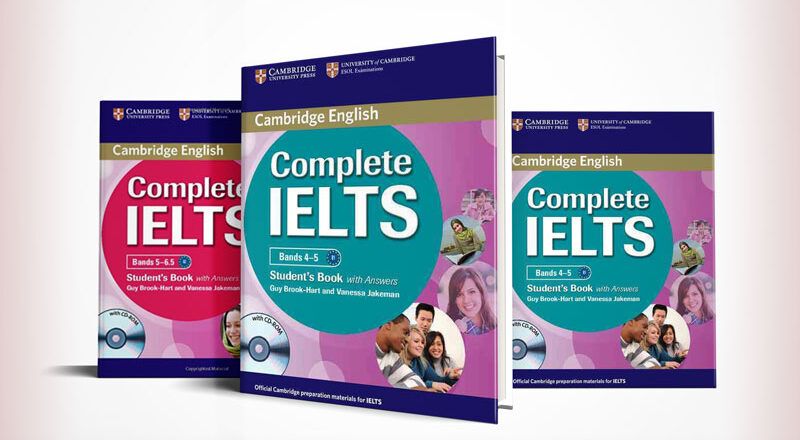
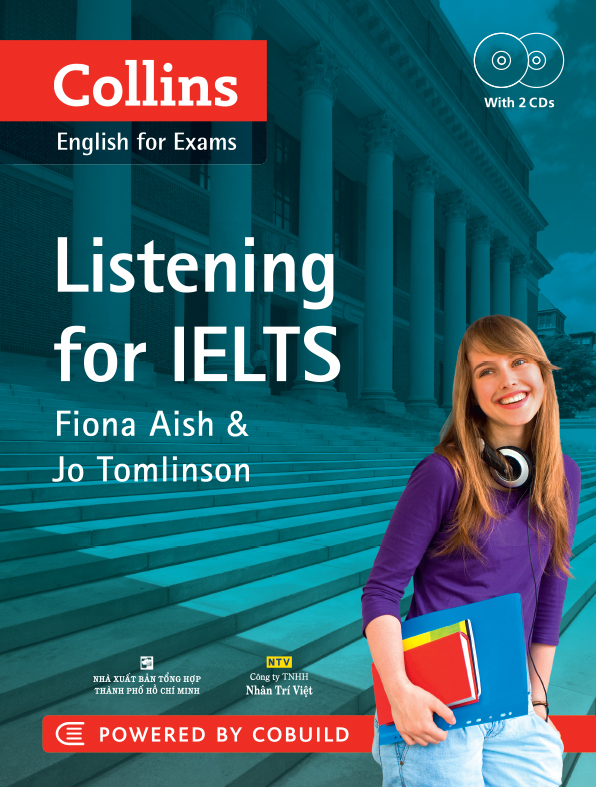
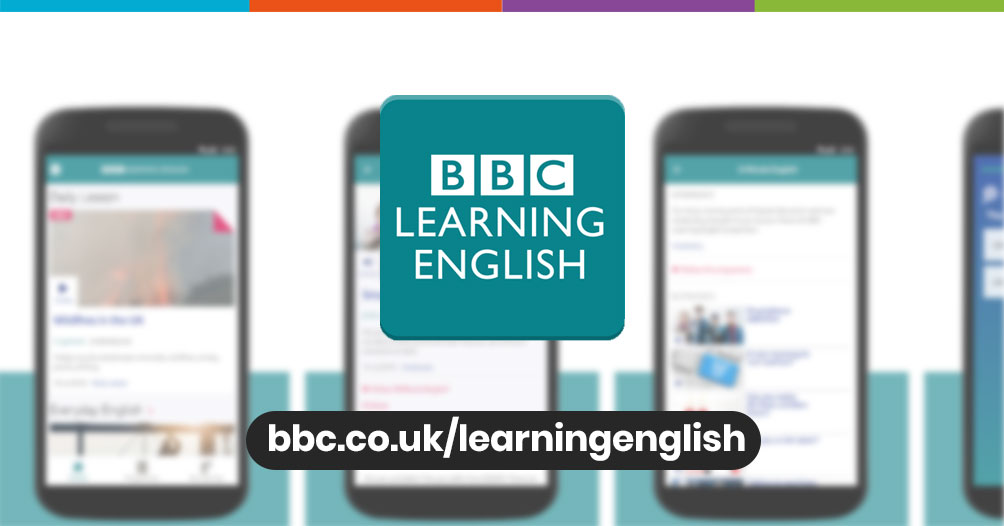
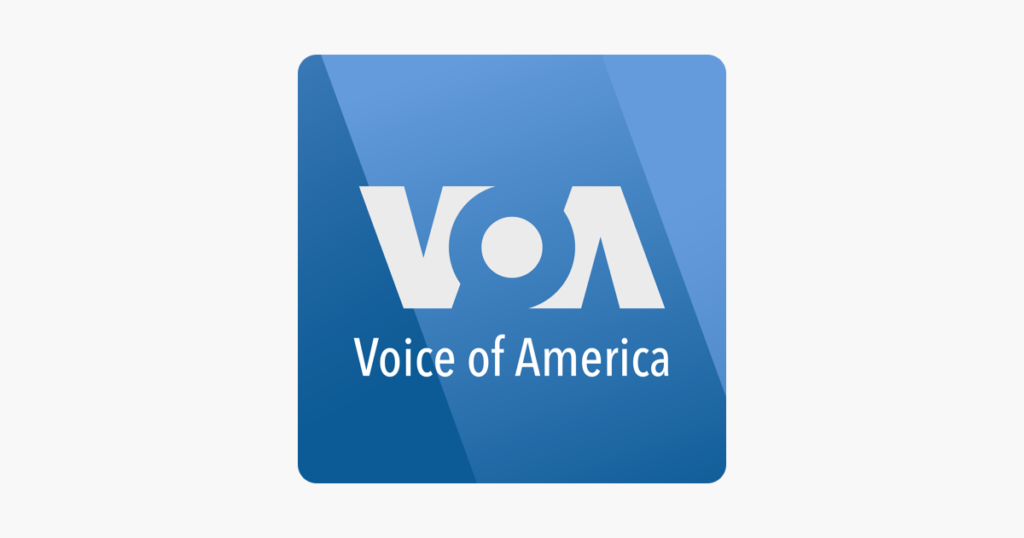
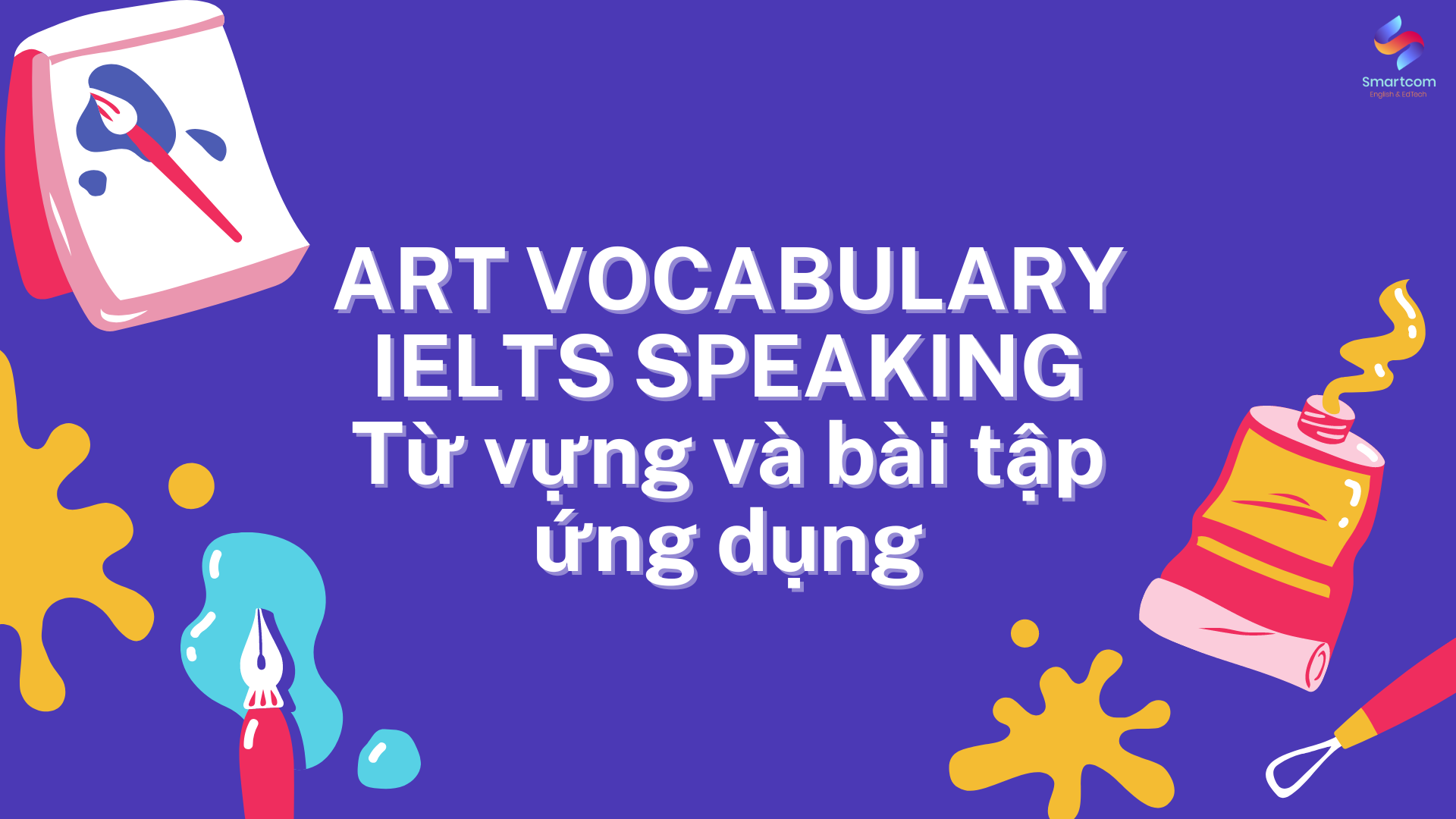
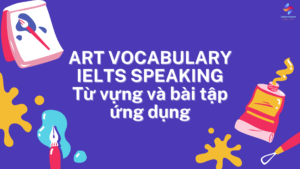
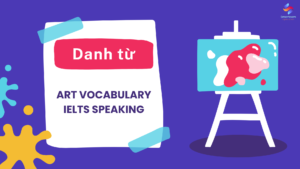
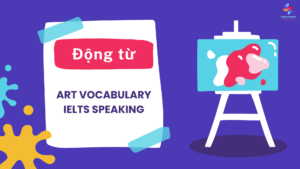
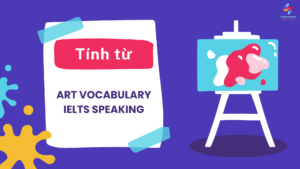
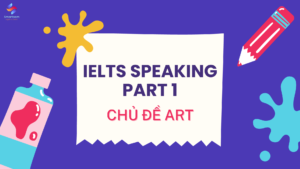
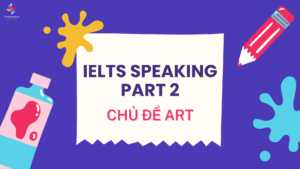
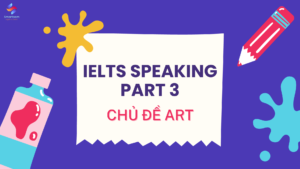

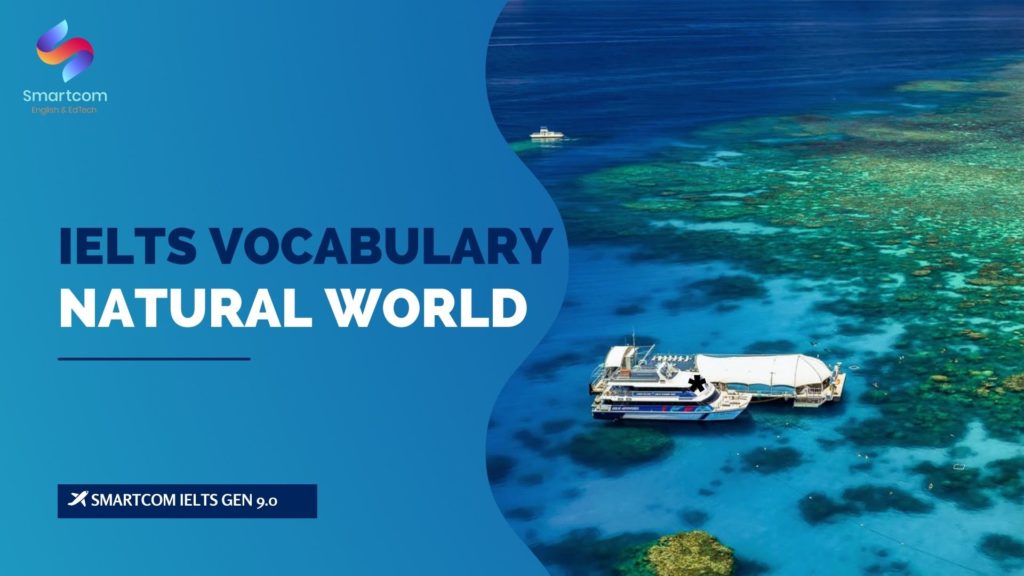



![Tải miễn phí tài liệu luyện nghe IELTS bạn không thể bỏ qua [Trọn bộ]](https://smartcom.vn/blog/wp-content/uploads/2024/03/Anh-26_03_2024-3_14_37-PM.png)
